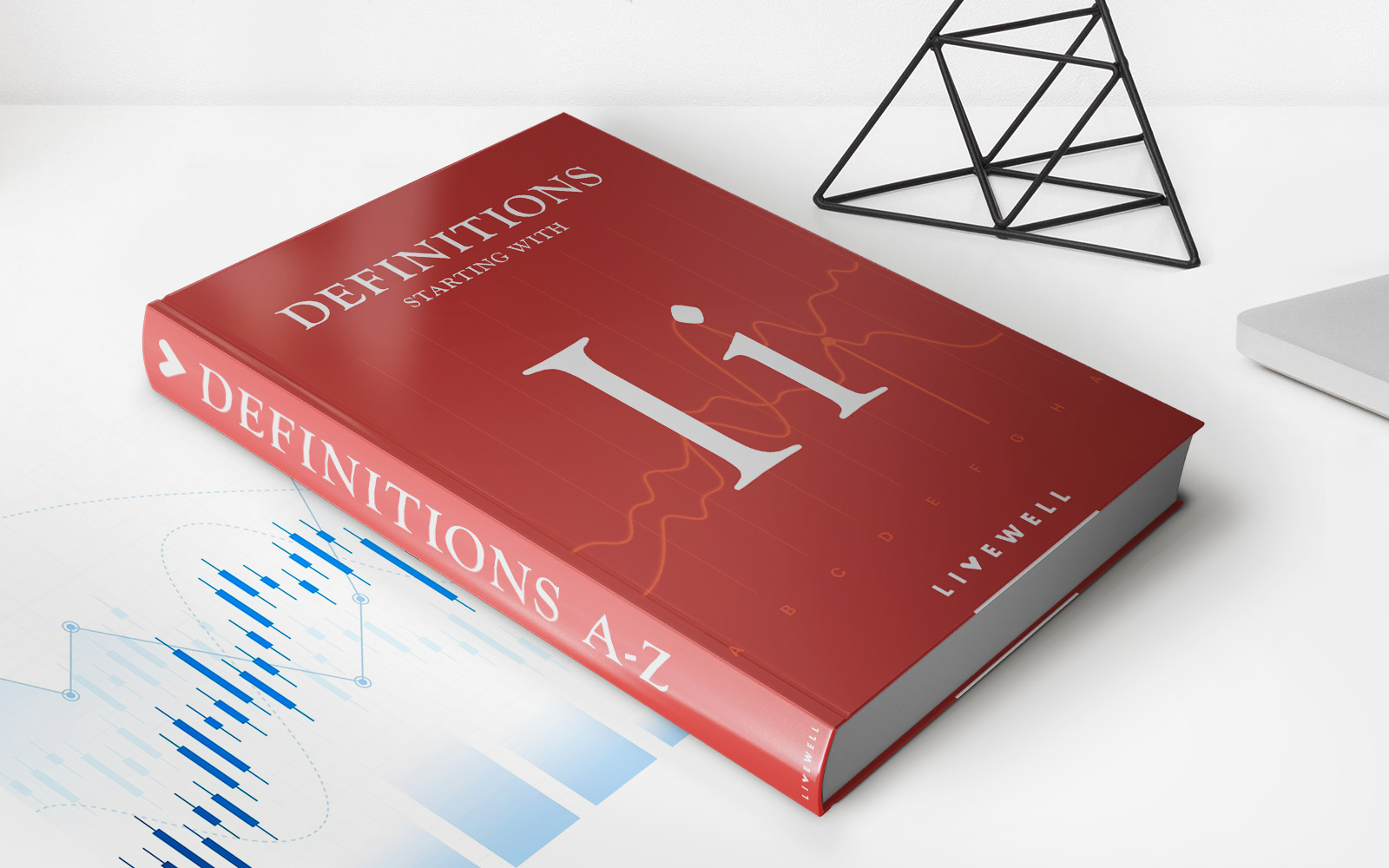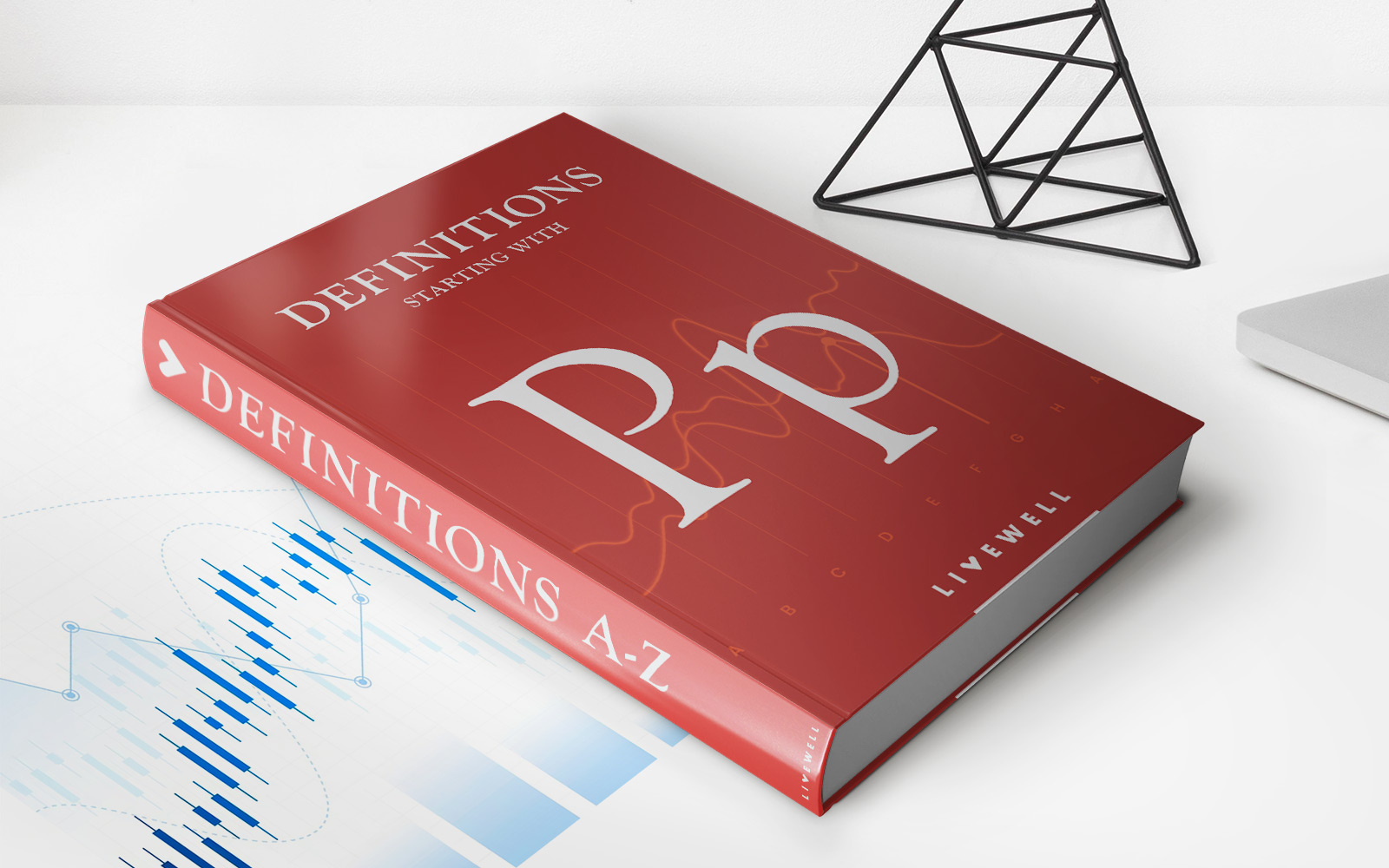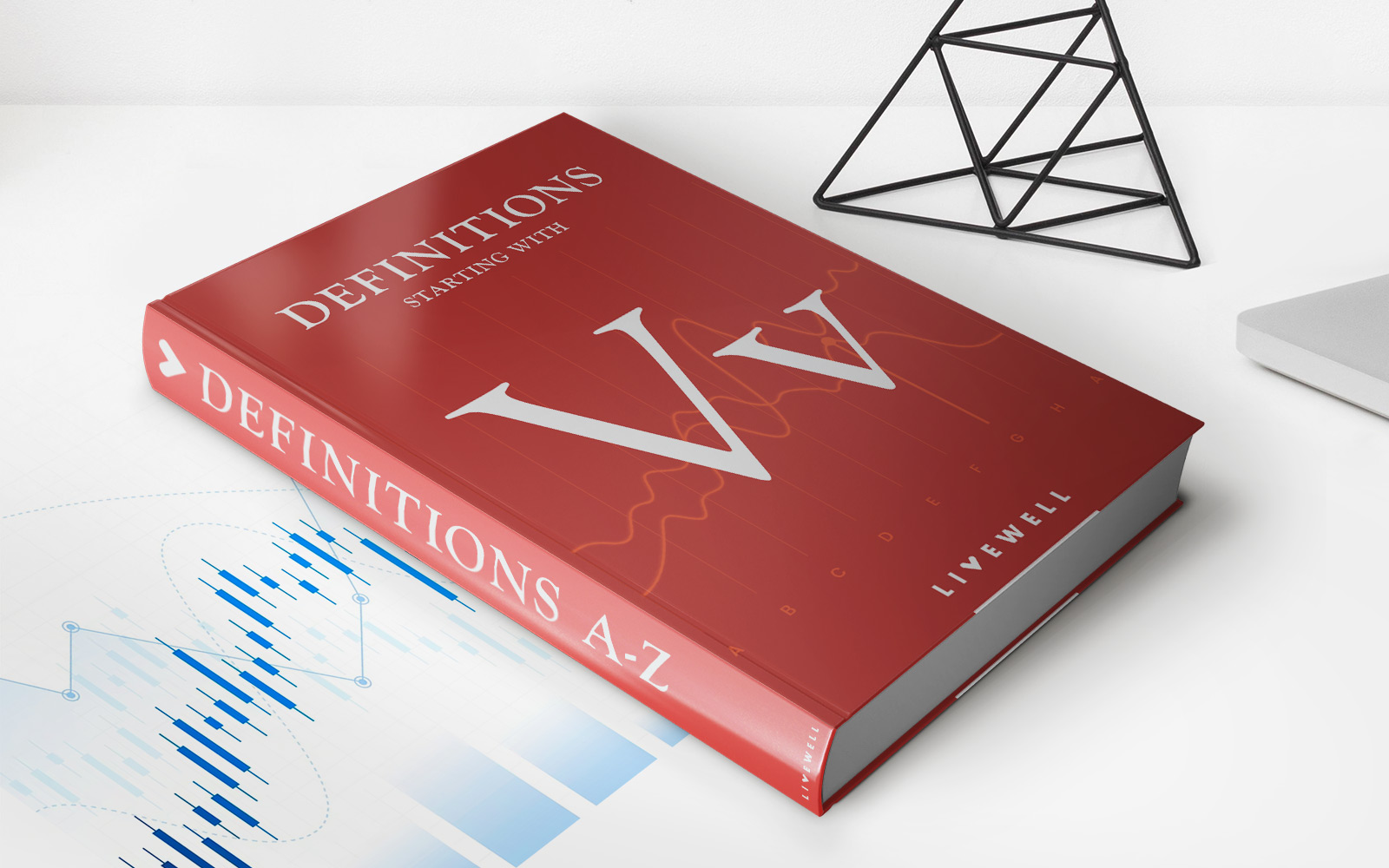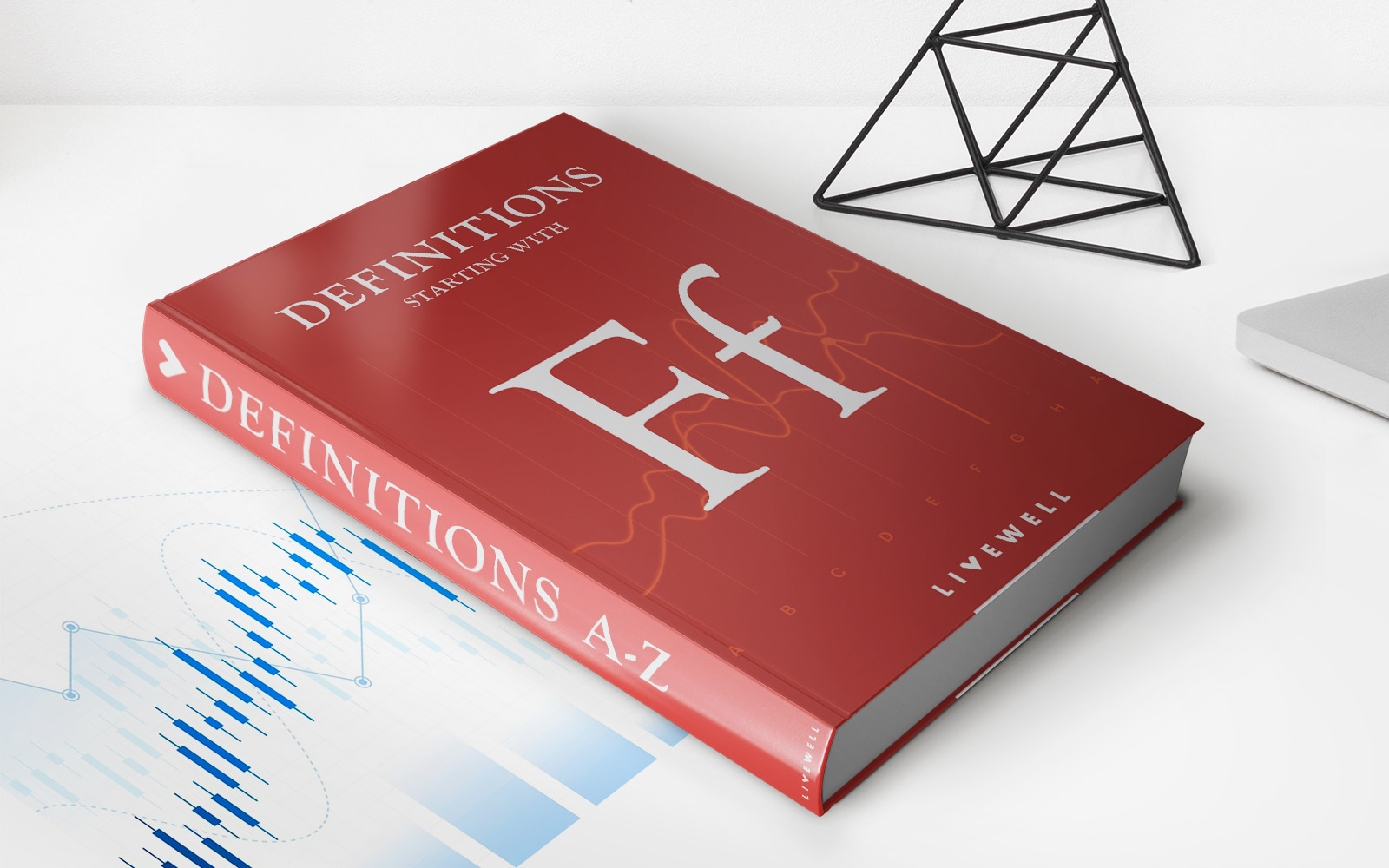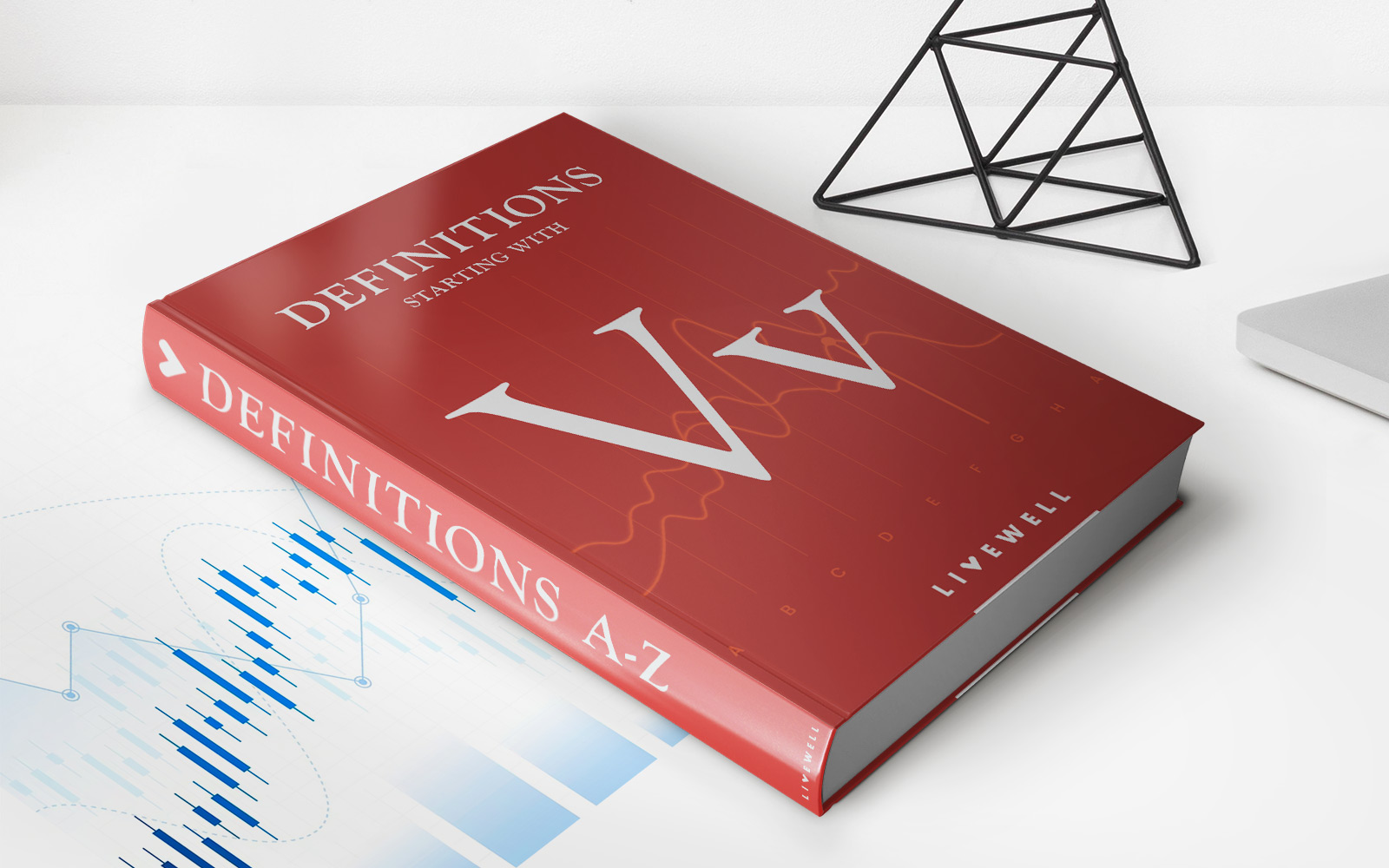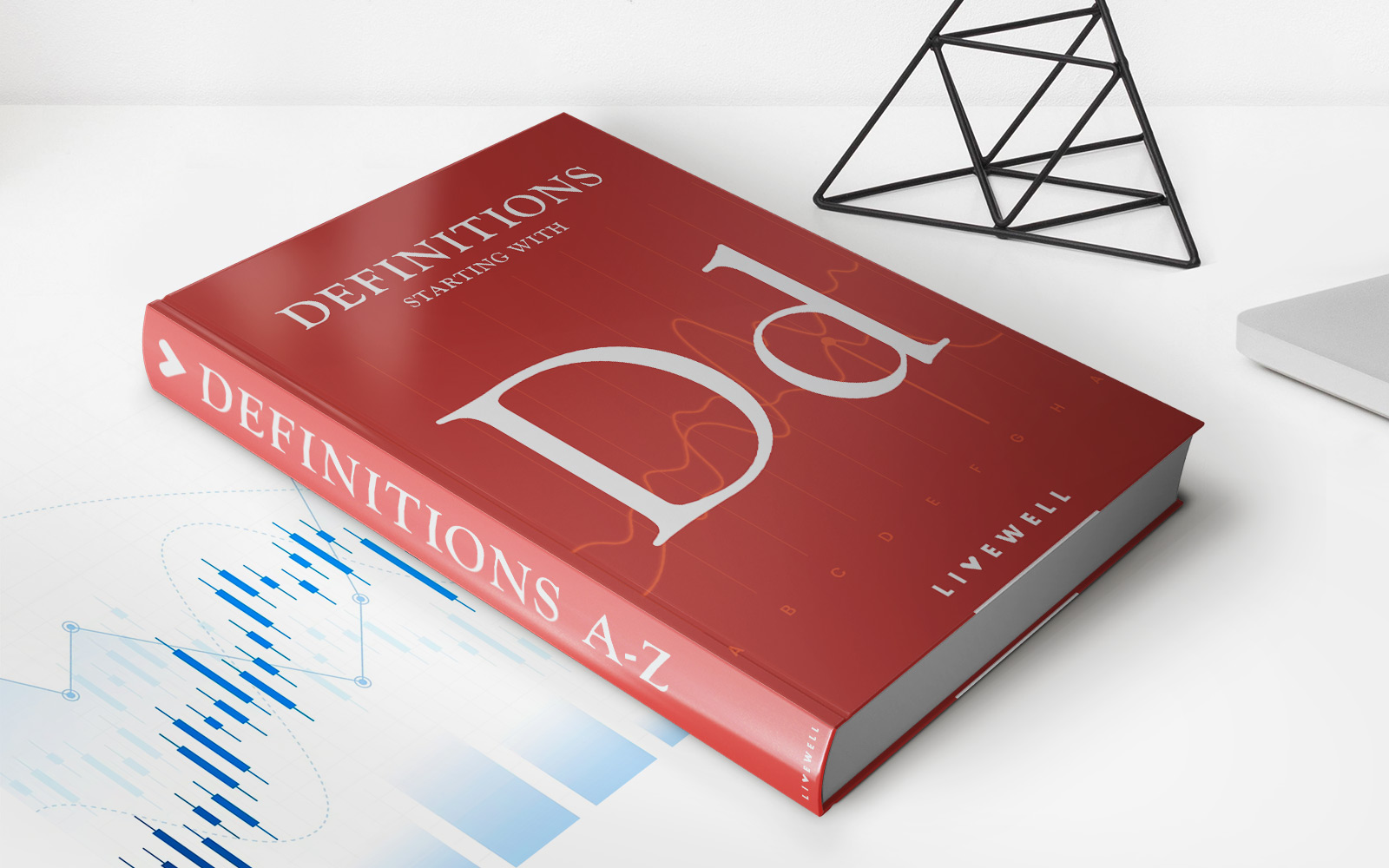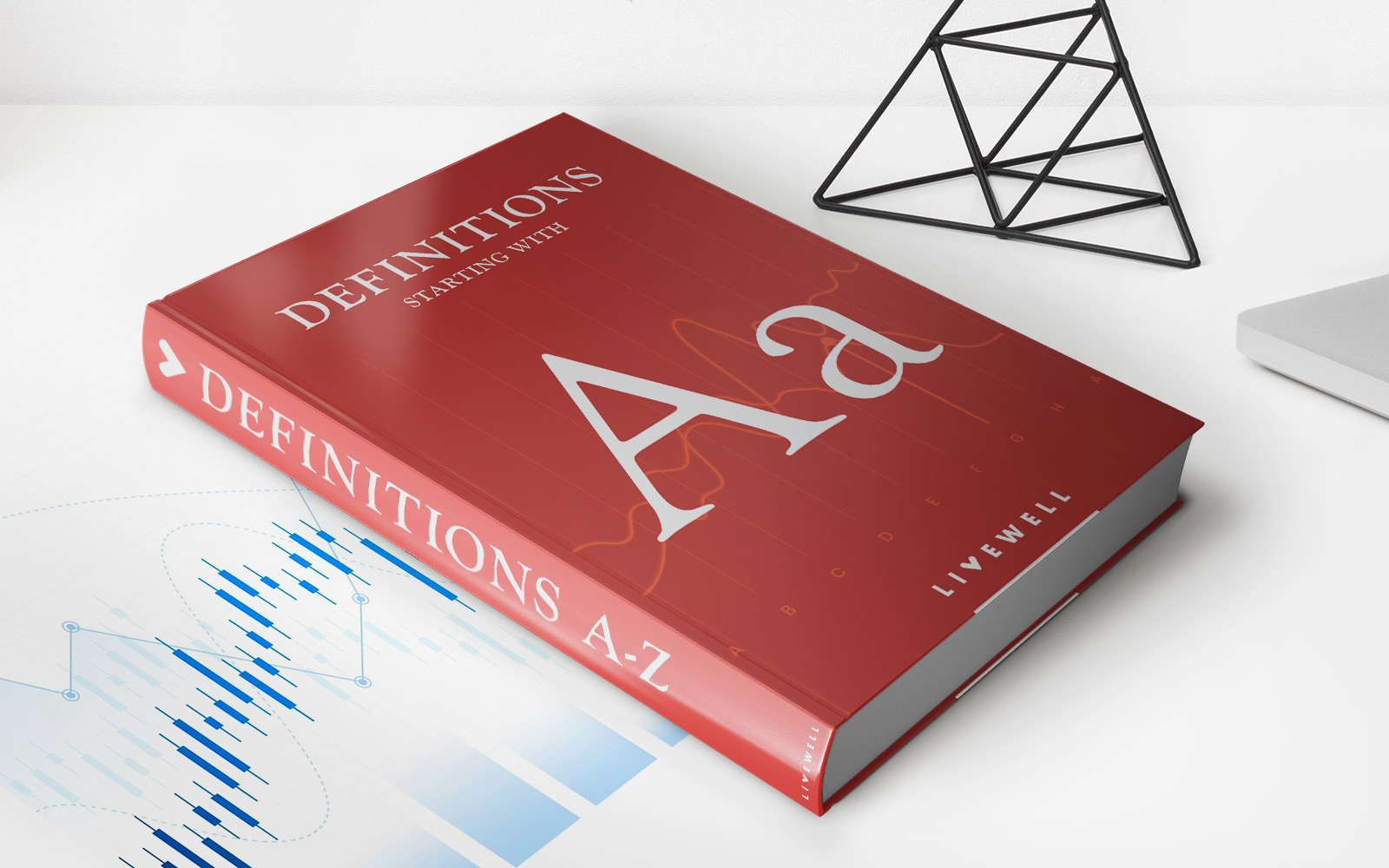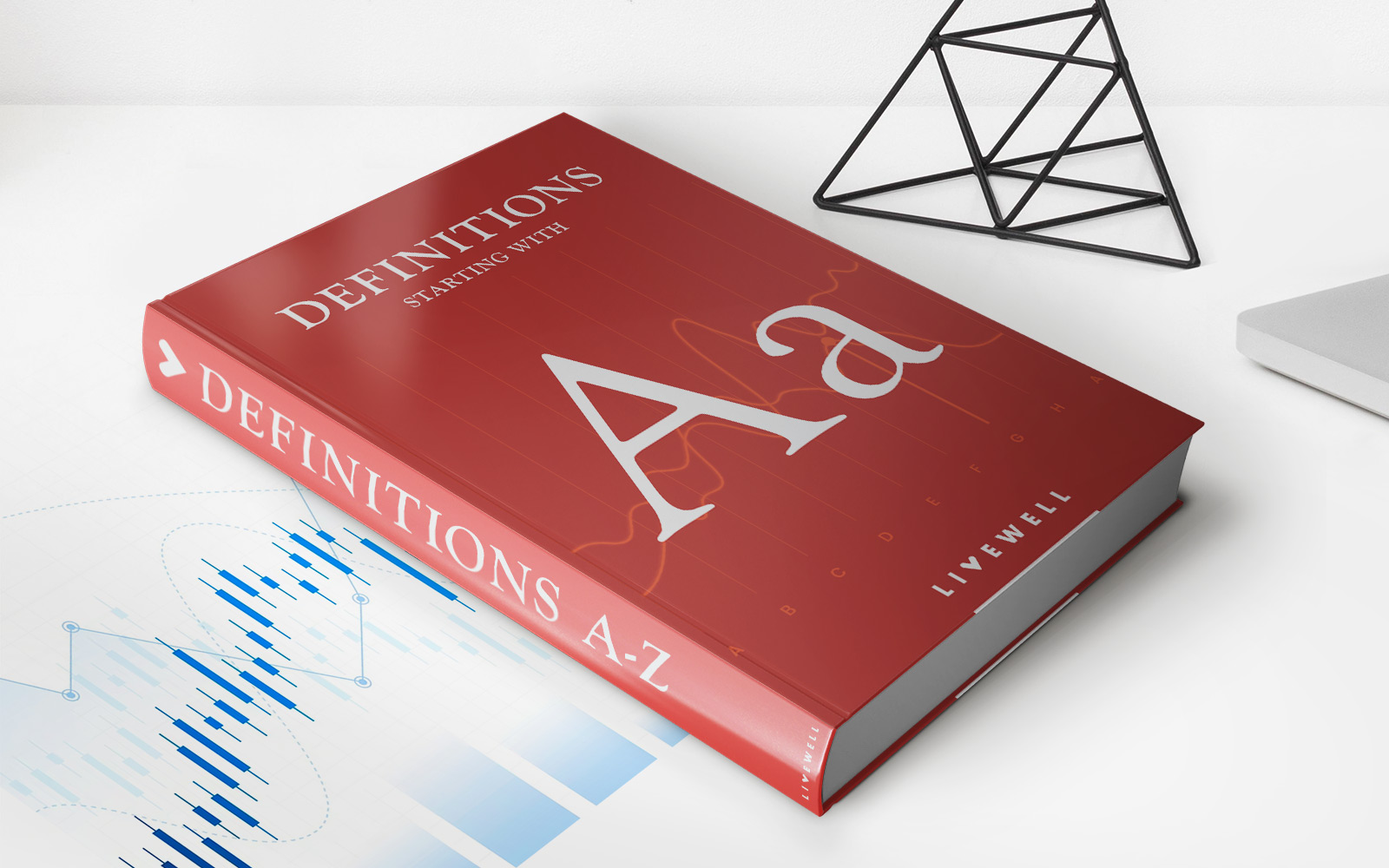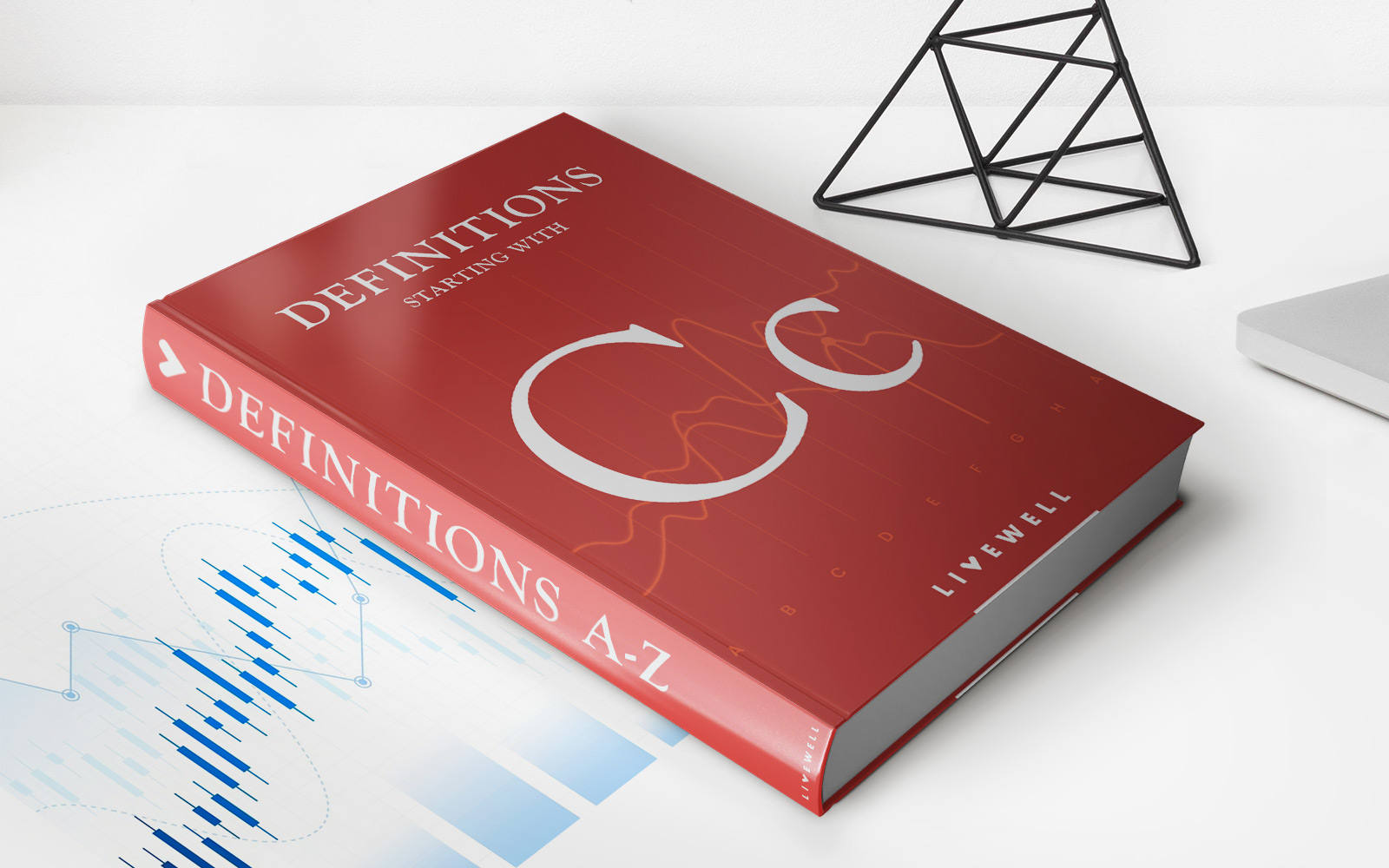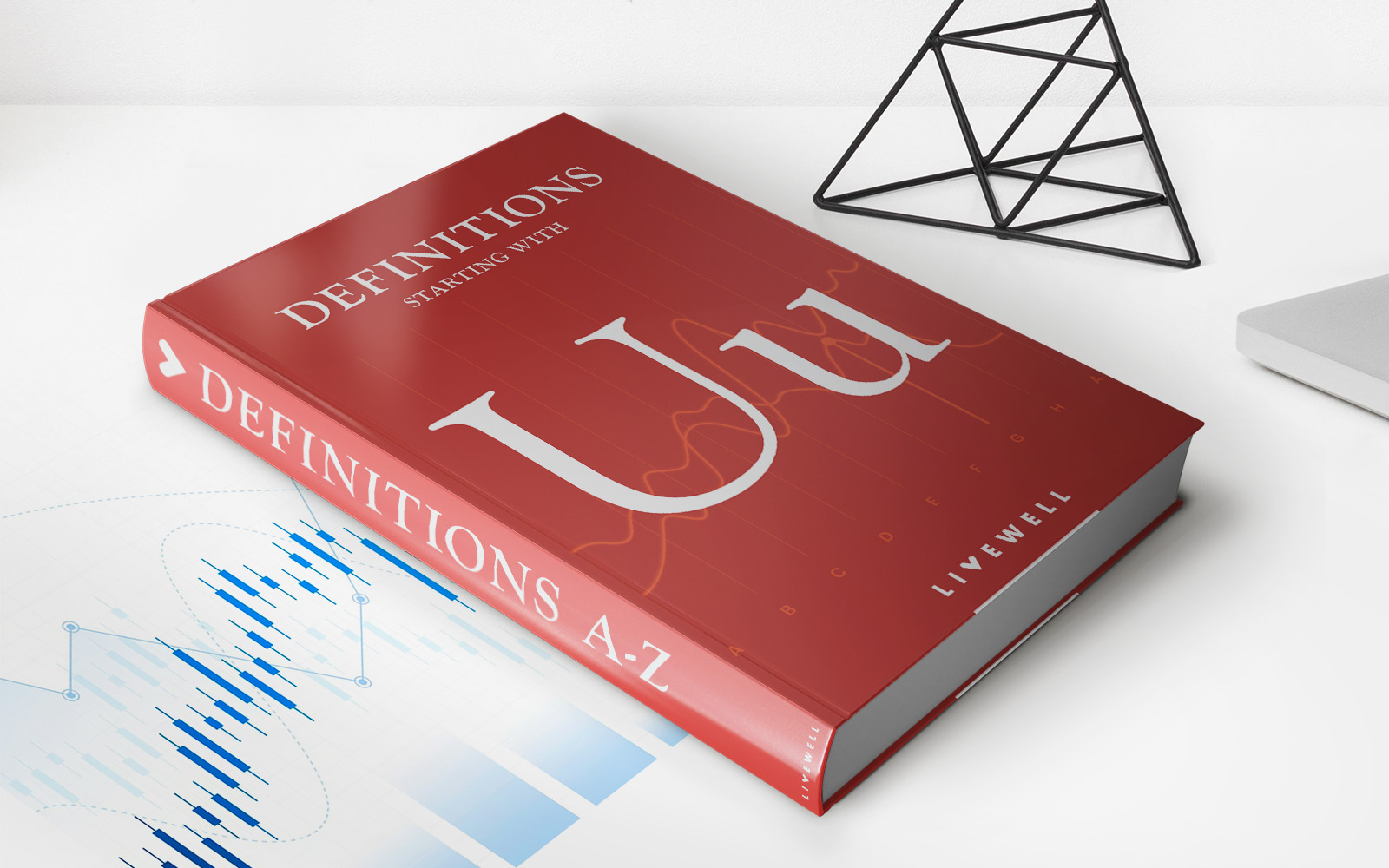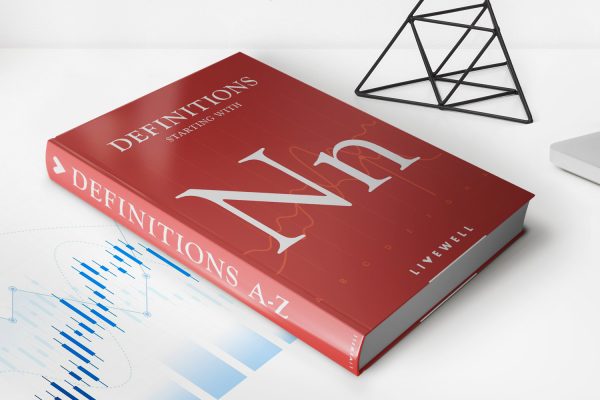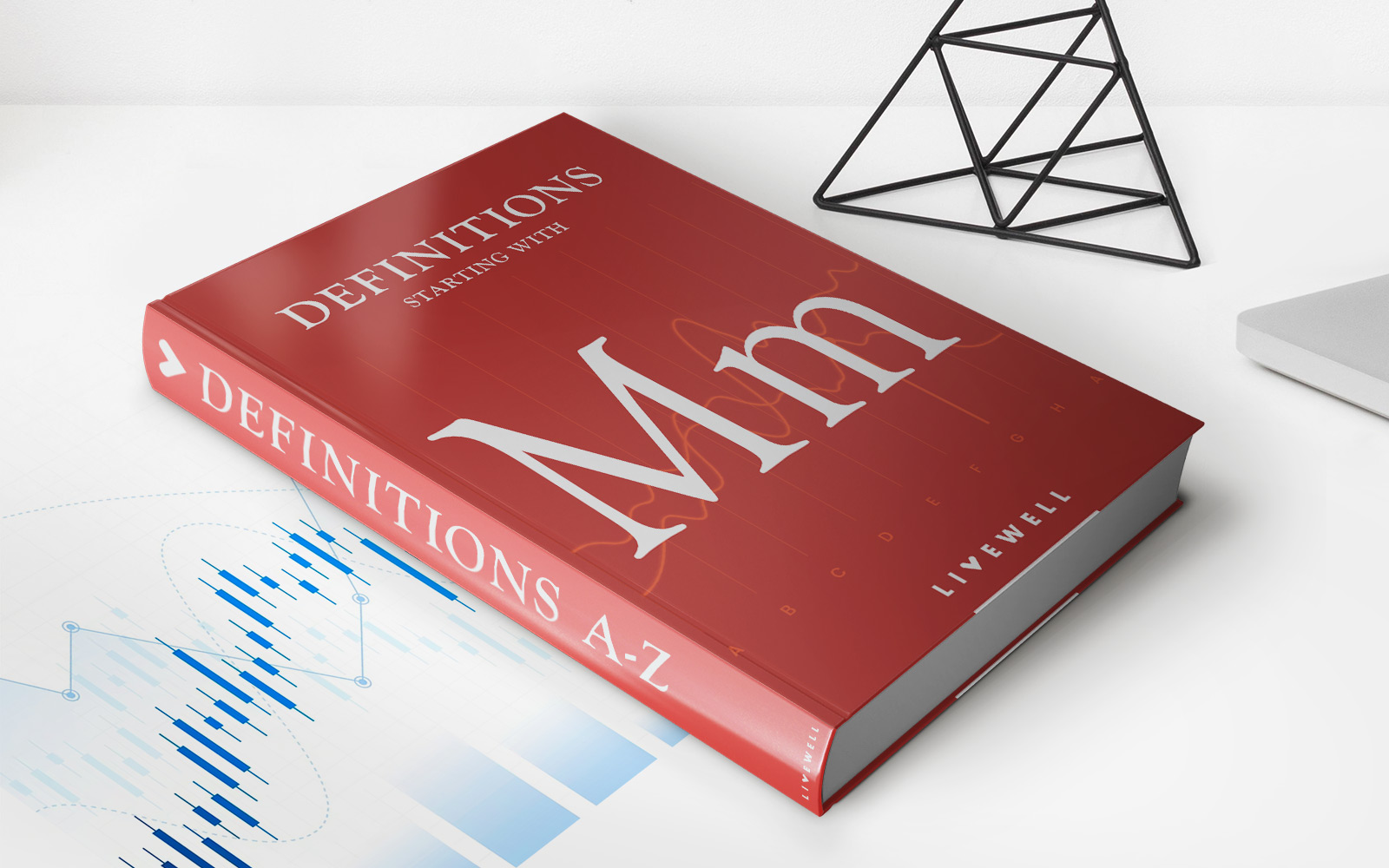Home>Finance>Fixed Interest Rate: Definition, Pros & Cons, Vs. Variable Rate
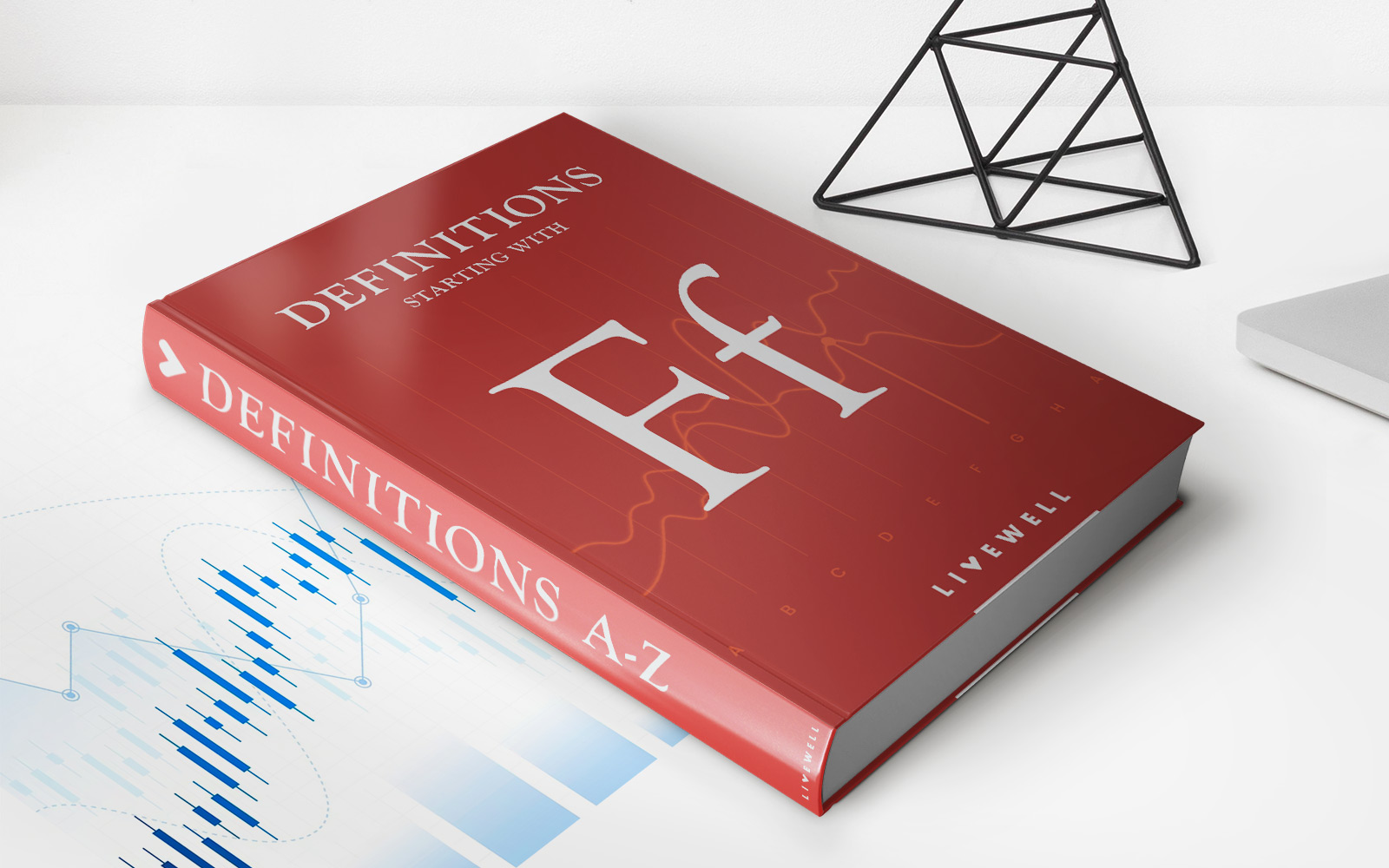

Finance
Fixed Interest Rate: Definition, Pros & Cons, Vs. Variable Rate
Published: November 25, 2023
Learn about fixed interest rates in finance, including their definition, pros and cons, and how they compare to variable rates. Make informed decisions about your finances.
(Many of the links in this article redirect to a specific reviewed product. Your purchase of these products through affiliate links helps to generate commission for LiveWell, at no extra cost. Learn more)
Understanding Fixed Interest Rate: Definition, Pros & Cons, vs. Variable Rate
Welcome to our finance blog! Today, we will dive into the world of fixed interest rates and explore their definition, advantages, disadvantages, and how they compare to variable rates. If you’ve ever wondered about the differences between fixed and variable interest rates, you’ve come to the right place. Let’s get started!
Key Takeaways:
- Fixed interest rates provide stability and predictability, making budgeting easier.
- Variable interest rates can fluctuate over time, potentially resulting in savings or increased costs depending on market conditions.
Definition of Fixed Interest Rate
A fixed interest rate is a type of interest rate that remains unchanged throughout the term of a loan or investment. Unlike variable interest rates, which may fluctuate based on market conditions, a fixed rate provides borrowers or investors with the comfort of knowing exactly how much interest they will pay or earn over the predetermined period. This stability and predictability can be quite valuable, especially for individuals or businesses looking to manage their financial commitments effectively.
Pros and Cons of Fixed Interest Rates
Now that we understand what a fixed interest rate is, let’s explore some of the advantages and disadvantages associated with this type of rate:
Pros:
- Stability: One of the most significant benefits of a fixed interest rate is its stability. Borrowers can budget their expenses more accurately, knowing that their monthly payments will remain the same throughout the loan term. This stability can be particularly beneficial for individuals or businesses with fixed incomes or tight budgets.
- Predictability: Fixed interest rates provide predictability, allowing borrowers to plan their future financial goals and investments with confidence. Knowing the exact amount of interest payments simplifies financial planning and reduces uncertainty.
- Refinancing Opportunities: When interest rates are low, borrowers with fixed interest rates may have opportunities to refinance their loans, potentially lowering their overall interest expenses.
Cons:
- Less Flexibility: Fixed interest rates offer less flexibility compared to variable rates. If market rates decline significantly, borrowers with fixed interest rates may miss out on potential savings.
- Higher Initial Costs: In some cases, fixed interest rates may be slightly higher than introductory variable rates. This initial higher cost may deter some borrowers from choosing fixed-rate options.
Fixed vs. Variable Interest Rate
Now that we’ve explored fixed interest rates, let’s briefly compare them to variable rates:
Fixed Interest Rate:
- Remains unchanged throughout the loan or investment term.
- Offers stability and predictability in monthly payments or interest earnings.
- Less affected by market fluctuations.
Variable Interest Rate:
- Can vary over time, based on market conditions or other factors.
- May result in savings or increased costs, depending on the direction of interest rate changes.
- Requires more attention and monitoring due to potential fluctuations.
Choosing between fixed and variable interest rates depends on your individual needs, risk tolerance, and the current market conditions. It’s important to weigh the pros and cons of each option carefully, considering your specific financial situation.
Conclusion
Fixed interest rates provide stability, predictability, and peace of mind to borrowers or investors looking for certainty in their financial commitments. Balancing the advantages of stability against potential missed savings during periods of declining rates is a crucial consideration when deciding between fixed and variable interest rates. Ultimately, the choice depends on your personal financial goals, risk tolerance, and the current economic climate.
We hope this blog post has shed some light on the topic of fixed interest rates, their pros and cons, and how they compare to variable rates. If you have any further questions or would like to explore other finance-related topics, feel free to browse our finance category for more insightful articles!
